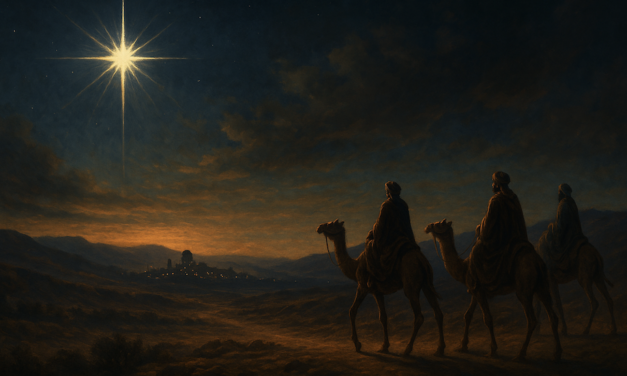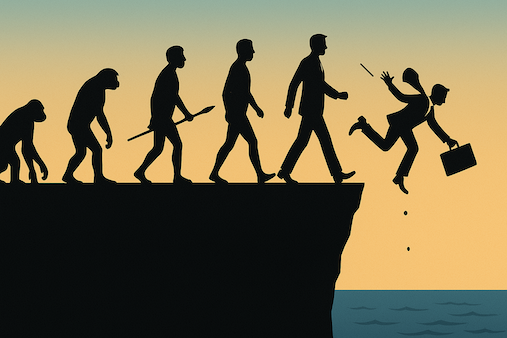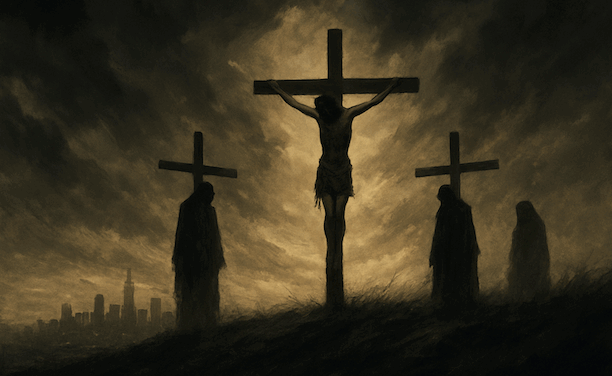An Advent Reflection: Recognition
“Peace on earth, goodwill to all.” Not a command or a hope for the future, but a declaration of what is — the very substrate on which all creation rests. Perhaps what we’re celebrating isn’t a king coming to rule, but a recognition breaking through, of a reality as old as time itself.
Read More





